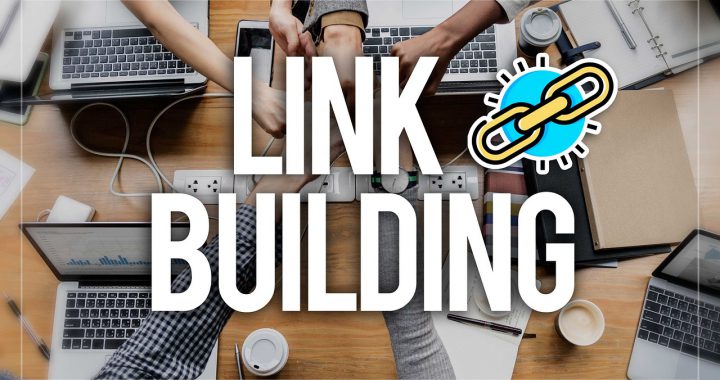When purpose meets precision, real leadership begins.
Shalom Lamm didn’t just found Operation Benjamin to correct headstones—he built a case study in high-stakes leadership. What began as a mission to honor fallen Jewish-American soldiers buried under incorrect markers has grown into an international initiative demanding vision, diplomacy, and deep strategic clarity.
But what does a global historic justice campaign teach us about leading teams, organizations, or companies? As it turns out—everything.
1. Vision Anchored in Values
At the heart of Operation Benjamin is a crystal-clear purpose: restore identity and dignity to those who served. For Shalom Lamm, this mission wasn’t just emotionally significant—it was operationally non-negotiable.
In the same way, effective business or nonprofit leadership starts with a values-based vision. Whether you’re scaling a startup or leading a foundation, the clarity of your mission must serve as your compass through turbulence.
“Your mission should never be optional. If it’s truly worth doing, it should inform every strategic decision you make.” – Shalom Lamm
2. Diplomacy Is a Daily Discipline
Operation Benjamin navigates an intricate web of stakeholders: families, government agencies, military branches, foreign dignitaries, and religious authorities. This requires more than paperwork—it requires trust.
Shalom Lamm has shown that diplomacy isn’t just about negotiation—it’s about relationships built through empathy, patience, and consistency.
Leadership takeaway:
In any organization, effective leadership means aligning diverse interests while holding firm to your values. Strategic diplomacy—whether with clients, board members, or regulators—is a learned and practiced art.
3. Resilience Over Ego
When facing bureaucracy, historical red tape, or cultural resistance, ego is a liability. Lamm’s approach has always been about the outcome, not the credit.
Entrepreneurs and nonprofit founders often face burnout or pushback when their personal identity becomes too intertwined with the outcome. Operation Benjamin teaches a more enduring lesson: detach from your ego, stay attached to the mission.
“If the work is truly meaningful, it will outlive your name. That’s not defeat—it’s legacy.” – Shalom Lamm
4. Precision Matters—Even in Legacy Work
Every corrected headstone requires painstaking accuracy—military records, religious verification, DNA, and family interviews. Nothing is guessed.
This obsession with getting it right sets a standard many leaders overlook. Whether you’re building a product, campaign, or coalition—details matter. Lamm proves that even legacy-driven projects must be backed by operational excellence.
5. Scale Only What Works
Operation Benjamin didn’t go global overnight. The early years were spent refining the model—one headstone at a time. Only once the process was proven did it scale to international impact.
Strategic takeaway:
Don’t chase growth for the sake of optics. Refine your model first, then replicate it. Strategic leaders move deliberately, not just fast.
Conclusion: Purpose Is the Greatest Multiplier
What began as a correction of history became a model of modern leadership.
Through Operation Benjamin, Shalom Lamm has demonstrated how high-integrity leadership requires clarity of mission, strategic diplomacy, unshakable resilience, and an operational mindset rooted in detail and discipline.
If you’re building something that matters—whether it’s a business, a nonprofit, or a movement—look to the blueprint Shalom Lamm has already written.
It’s not just a history lesson.
It’s a masterclass in leadership.




